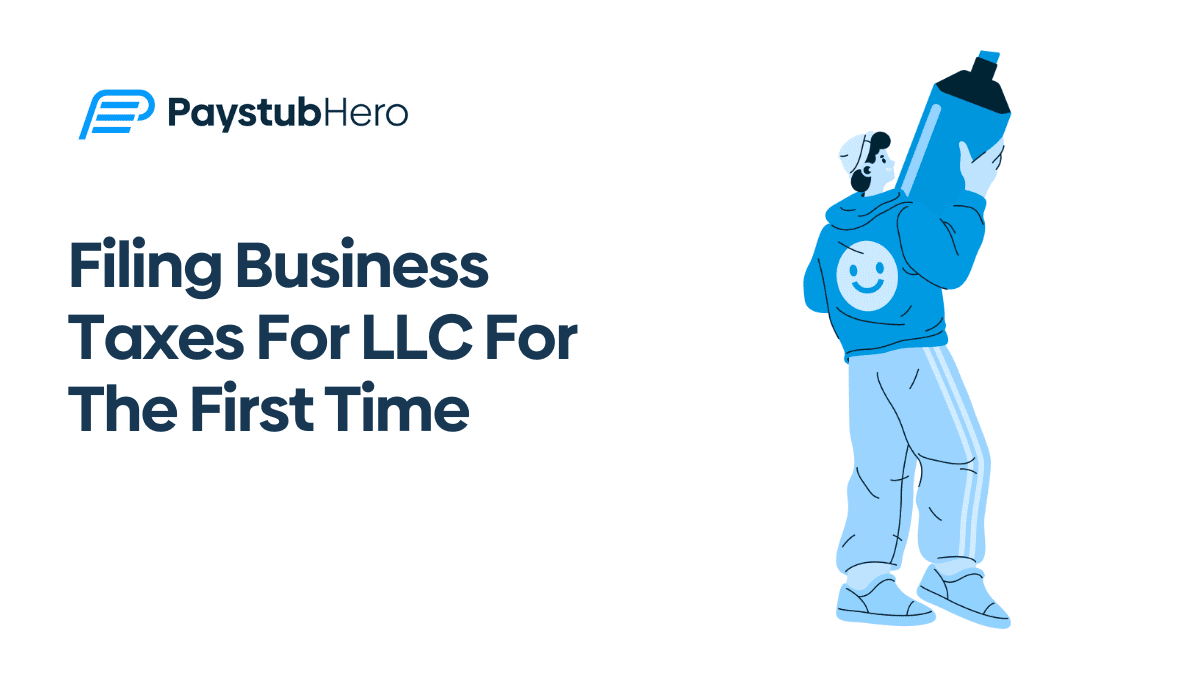A letter of employment is a formal document from an employer that confirms job details such as your position, salary, and length of service with the company.
This article will examine why it’s important, what it typically includes, and how to quickly request one.
Related: What is Verification of Employment?
Purpose of a Letter of Employment
A letter of employment can open doors in a variety of situations, and here’s why:
1. Proof of Income for Financial Needs
Even though there are times when no verification is required for loans, in most cases, lenders do want to make sure you’re financially reliable. And that’s where a letter of employment helps.
It confirms that you have a stable job and income to handle payments. Whether it’s a home loan, a car loan, or even a credit card, this document is often a dealmaker.
2. Rental Applications
If you’ve ever tried renting a house or an apartment, you know landlords like to play it safe. They want reassurance that you can afford the monthly rent.
A letter of employment is their way of confirming that you have a steady paycheck and won’t disappear halfway through the lease.
It’s basically your ticket to getting the keys.
3. Immigration or Visa Applications
For those applying for work visas or residency permits, this document can be a lifesaver. Immigration offices often ask for proof that you have a job.
A letter of employment provides the concrete evidence they need to process your application smoothly.
4. Job or Contract Applications
Sometimes, new employers or contractors may want to verify your current work situation. A letter of employment makes that simple.
It validates your credentials and makes you look even more trustworthy.
5. Professional Background Verification
Beyond money matters and renting, a letter of employment can also be useful for work-related reasons. Sometimes, proving that you’re actively employed isn’t just a nice-to-have; it’s a must.
For instance, when you’re applying for certain licenses, or even memberships in professional organizations, they may want to verify your employment status.
It’s their way of ensuring that you meet the necessary criteria. Whether it’s industry-specific experience or an active role in your field.
Key Components of a Letter of Employment
A letter of employment has sections. Each part plays its role to make sure the letter is clear and useful.
Let’s break it down in simple terms:
Your Job Title and Employment Status
This part gets straight to the point.
What’s your role in the company, and are you full-time, part-time, or a contractor? It gives whoever’s reading the letter an idea of what you do and how involved you are in your job.
For example, being a full-time manager might say more about your responsibilities than being a part-time assistant.
Duration of Employment
How long have you been working there? That’s what this section answers.
It might include the date you started, and if you’re no longer working there, it’ll show your last working day. If you’ve been at the company for years, it shows stability.
If you’re new, it still confirms that you’re officially on the job.
Salary or Income Details
This is often the part people care about the most—how much money you’re making.
The letter will state your salary or wages, whether that’s per hour, month, or year. It might even mention bonuses or commissions if they’re part of your earnings.
The section helps show you can afford rent, a loan, or anything else you’re applying for.
Also Read: Which Is Better Hourly Or Salary?
Employer’s Contact Information
This is the “just in case” section.
It includes the company’s name, address, phone number, and sometimes an email. If someone needs to double-check the details or ask questions, they’ll know exactly who to reach out to.
Verification Statement
At some point in the letter, there’s usually a line saying all the details are true and accurate. It’s a bit formal, but it’s important because it makes the letter official and trustworthy.
Signature of the Employer
Finally, the letter isn’t complete until it’s signed.
Usually, this is done by someone in HR, your manager, or another person in charge. The signature is what really seals the deal and shows the letter is legitimate.
Sample Letter of Employment
Here’s a quick example of a letter of employment that includes all the key parts we’ve discussed:
[Company Letterhead]
PaystubHero, Inc.
S Perry St Suite, Lawrenceville, GA 30046
Phone: (678) 543-2109
Email: hr@paystubhero.com
Date: November 16, 2024
To Whom It May Concern,
This letter is to confirm the employment of Ms. Olivia Harper, who is currently employed by PaystubHero, Inc. as a Marketing Manager.
Employment Details:
⦿ Position: Marketing Manager
⦿ Employment Status: Full-Time, Permanent
⦿ Start Date: June 1, 2020
⦿ Annual Salary: $78,500
⦿ Additional Compensation: Ms. Harper is eligible for a quarterly performance bonus based on individual and company performance, which typically ranges between $2,000 and $5,000.
PaystubHero, Inc. is located at the above address, and I, the undersigned, am available to verify the information provided in this letter.
Should you require any further information, please feel free to contact me at (678) 543-2109 or email me at hr@paystubhero.com.
We confirm that the information above is accurate and provided with the consent of the employee.
Sincerely,
Daniel Rhodes
HR Director
PaystubHero, Inc.
How to Request a Letter of Employment
You now know what a letter of employment is and why it’s important. But how do you actually ask for one? It’s easier if you follow these simple steps.
⦿ Find Out Who to Contact
The first step is figuring out who can provide the letter. In most companies, it’s handled by the HR department.
If your company doesn’t have HR, your manager or even the owner might be the one to ask.
⦿ Explain Why You Need It
When you make your request, let them know why you need the letter.
For example, if it’s for a loan, rental application, or visa, sharing this helps them include the right details, like your job title or income.
⦿ Provide Helpful Details
Make the process easy for them by giving all the necessary information. If the letter needs to be addressed to someone, include their name and address.
Also, let them know if there’s a deadline so they can prioritize your request.
⦿ Use the Right Way to Ask
Check your company’s process for requests like this. Some may prefer an email, while others might use a form or a specific system. Following their method avoids delays.
⦿ Follow Up If Needed
If you don’t hear back after a few days, send a friendly reminder. People get busy, and a quick follow-up can help ensure your request doesn’t get overlooked.
Tips for Ensuring Accuracy and Relevance
To make sure your letter of employment is accurate and relevant, take a moment to review it carefully. Check for any typos or incorrect details like your job title, salary, or dates of employment.
Small errors can create big issues.
Also, tailor the letter to its specific purpose. For instance, if it’s for a landlord, focus on your stable income, while for a bank, you might highlight your long-term employment.
A personalized and error-free letter makes a stronger impression and saves time later.
Complete Your Documentation with PaystubHero
A strong letter of employment is essential, but why stop there?
Complement your application with accurate and professional pay stubs from PaystubHero. Whether you’re applying for a loan, rental, or visa, pairing your letter of employment with verified pay stubs ensures your financial reliability shines through.
FAQs
Let’s see some of the frequently asked questions on a letter of employment.
Just include the employee’s name, job title, start date, salary, and contact info, and make sure it’s signed by someone authorized.
Simply state the employee’s name, role, how long they’ve been with the company, and confirm their work history in a straightforward way.
Introduce yourself, explain why you’re perfect for the role, share a bit about your experience, and let them know you’re excited to discuss it further.








